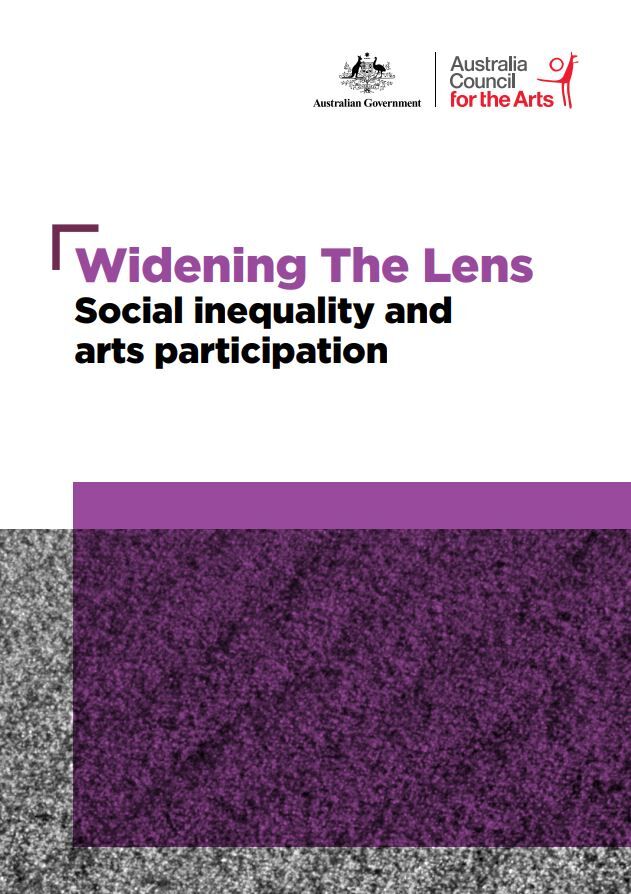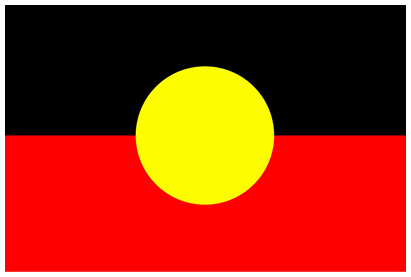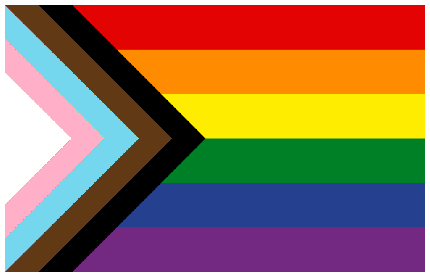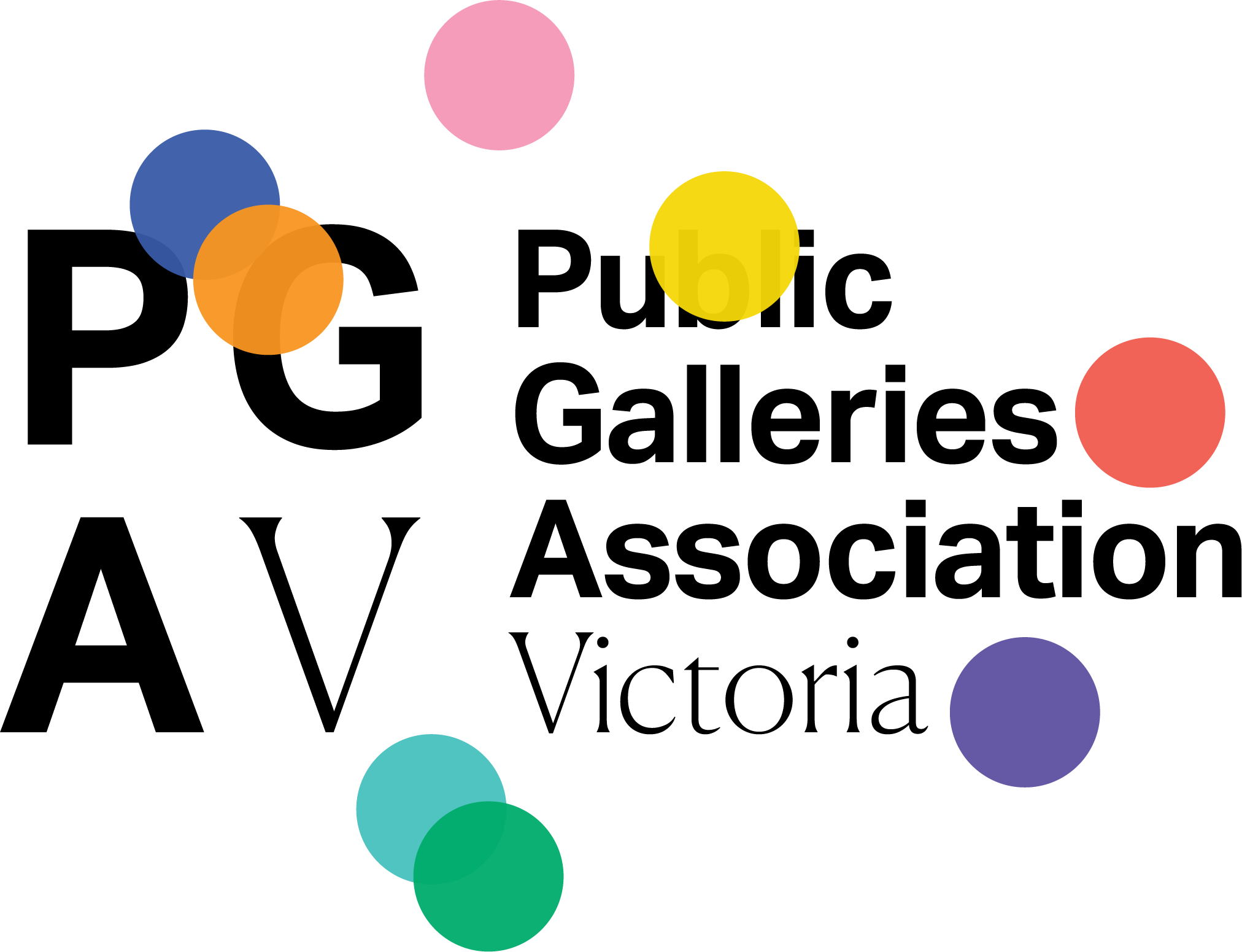Widening the Lens: Social inequality and arts participation
Widening the Lens: Social inequality and arts participation provides a picture of the socio-economic factors that shape people’s engagement with arts and culture.
Analysing data from the Australian Consortium for Social and Political Research Incorporated’s (ACSPRI) 2019 Australian Survey of Social Attitudes (AuSSA), this report identifies the ways in which income, education, occupation, geography, self-identified class and trust in society interact with cultural participation.
The AuSSA survey presented an opportunity for the Council to tap into an existing survey that explored socio-economic conditions in Australia. The Council included additional questions on arts participation, aligned with those in our National Arts Participation Survey (NAPS), and used these to explore correlations between arts engagement and other social factors in Australia.
The overall trends identified in Widening the Lens align with those seen in NAPS, e.g. the percentage of the population who are engaged with arts, and barriers and motivations to arts participation. However this report also provides important nuance and necessary detail to our understanding of who has access to arts and culture, and why.
This report has been prepared with analytical support from the News and Media Research Centre at the University of Canberra. Over 2023-24, in partnership with the University of Canberra and RMIT, we will explore further insights from ACSPRI’s 2019 AuSSA in a series of four factsheets called Social Factors in Cultural Participation.

The Public Galleries Association of Victoria (PGAV) acknowledges the Wurundjeri Woi-Wurrung people of the Kulin Nation as the Traditional Owners of the lands where our office is located, and all Traditional Owners of country throughout Victoria and Australia. We recognise Aboriginal and Torres Strait Islander peoples enduring traditions and continuing creative cultures. We pay our respect to Elders past, present and emerging.
We are an LGBTQIA+ friendly organisation that celebrates diversity. We are committed to providing safe, culturally appropriate, and inclusive services for all people, regardless of their ethnicity, faith, disability, sexuality, or gender identity.







